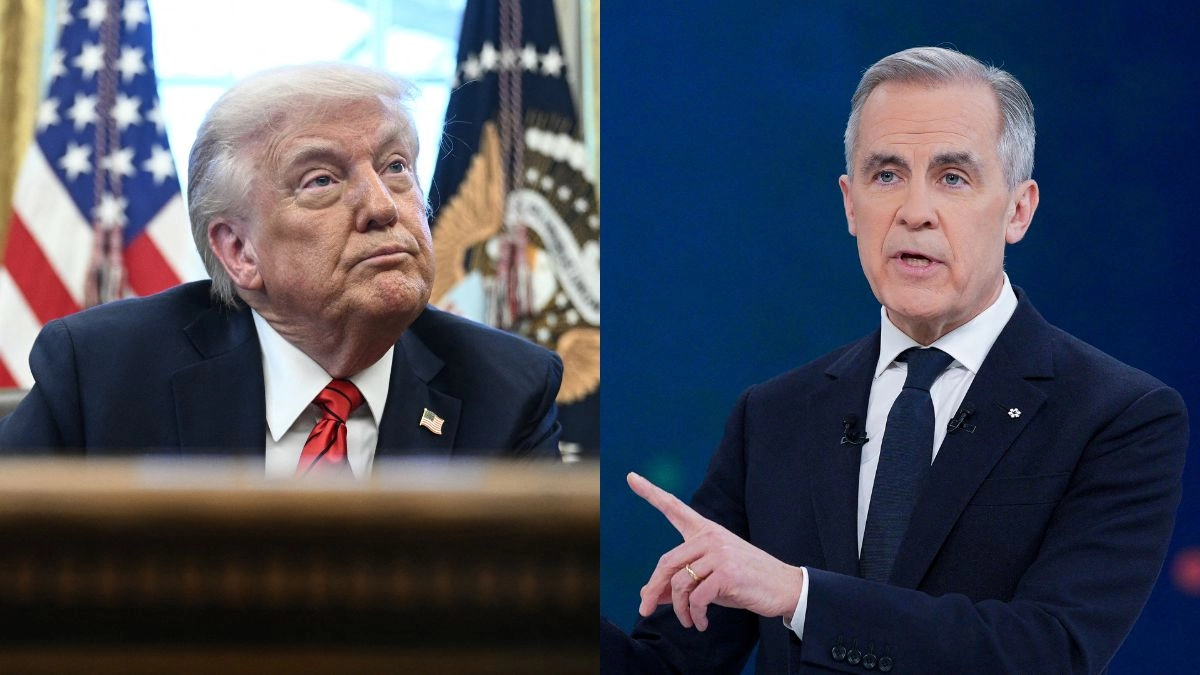In a significant development in international trade relations, former President Donald Trump announced the termination of trade negotiations with Canada, largely due to the Canadian government’s decision to impose taxes on American technology companies. This move has raised concerns among businesses and policymakers about the potential repercussions for cross-border trade and economic collaboration between the two neighboring nations. Trump’s administration had been actively seeking to renegotiate trade agreements to favor American interests, and this latest decision underscores the ongoing tensions surrounding digital taxation and its implications for global commerce.
The Canadian government’s tax measures, aimed primarily at large tech firms, are part of a broader trend where various countries are seeking to levy taxes on digital services provided by foreign companies. Canada had proposed a tax framework that many U.S. tech giants, including major players like Google and Facebook, would be subject to. Trump’s administration viewed this initiative as a direct threat to American businesses, arguing that such taxes could stifle innovation and economic growth. By halting trade talks, Trump signaled a strong stance against what he perceives as unfair practices that could disadvantage American enterprises.
This abrupt end to negotiations could have far-reaching consequences for the economic relationship between the United States and Canada, both of which have historically relied on each other for trade across multiple sectors. Experts warn that the breakdown of talks could lead to increased tariffs or trade barriers, further straining the economic ties that have benefited both nations. Moreover, the move may embolden other countries to implement similar tax measures, potentially leading to a fragmented global trade landscape that complicates operations for multinational corporations.
As the landscape of international trade evolves, the impact of such decisions will likely resonate beyond just the U.S.-Canada relationship. The tech industry, in particular, is closely monitoring the situation, as it may set a precedent for how other nations approach digital taxation. With increasing public scrutiny over the practices of large tech firms, the outcome of this standoff could influence not only trade agreements but also the regulatory environment for digital services worldwide. The future of U.S.-Canada trade relations remains uncertain, as both countries navigate the complex interplay of taxation, trade, and economic policy in an increasingly interconnected global economy.




